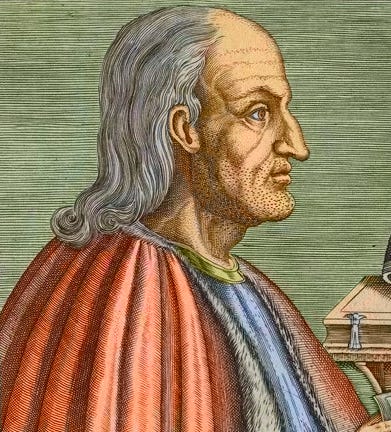In this month’s installment, I said I would share a few observations about each chapter in my dissertation on the Euthyphro Dilemma. The dissertation was an early version of the book Good God: The Theistic Foundations of Ethics that Jerry Walls and I published with OUP in 2011. So what we find in the dissertation is a precursor to the first book in the tetralogy Jerry and I would end up writing.
The first chapter of the dissertation was about what we meant by “God.” This is an important question because, obviously, references to God need to be clear and consistent. God can be thought of in quite different ways. We saw this with the Euthyphro. The character Euthyphro believed in the pantheon of Greek gods and all the lore associated with them. The divine understood in such a polytheistic context is quite different from God as understood in the great monotheistic traditions. For one, Euthyphro’s gods were fallible and fickle and morally deficient in all sorts of ways. Little wonder that Socrates, on hearing Euthyphro’s efforts to tie the nature of piety or holiness to the loves of the gods, would entertain more than a little skepticism.
I didn’t immediately want to say that the operative conception of God in the dissertation was the Christian depiction. Since the theology I was planning to do in the dissertation, if any, was more natural theology than anything like revealed theology, there was an advantage to going with a more generic monotheistic tradition. So I went with the “God of Anselm,” the God thought of in the classical sense as omnipotent, omniscient, omnibenevolent, and the like. My hunch was that such a rich, robust theistic tradition could muster the resources to answer challenges posed by the Euthyphro Dilemma. Another advantage is that it is a conception of God arguably consistent with the Christian view of God. Anselm himself was, after all, a Christian. (Of course some have argued that the God of Anselm is inconsistent with the God of the Bible, which the chapter briefly touches on as well.)
Keep reading with a 7-day free trial
Subscribe to The Worldview Bulletin Newsletter to keep reading this post and get 7 days of free access to the full post archives.



